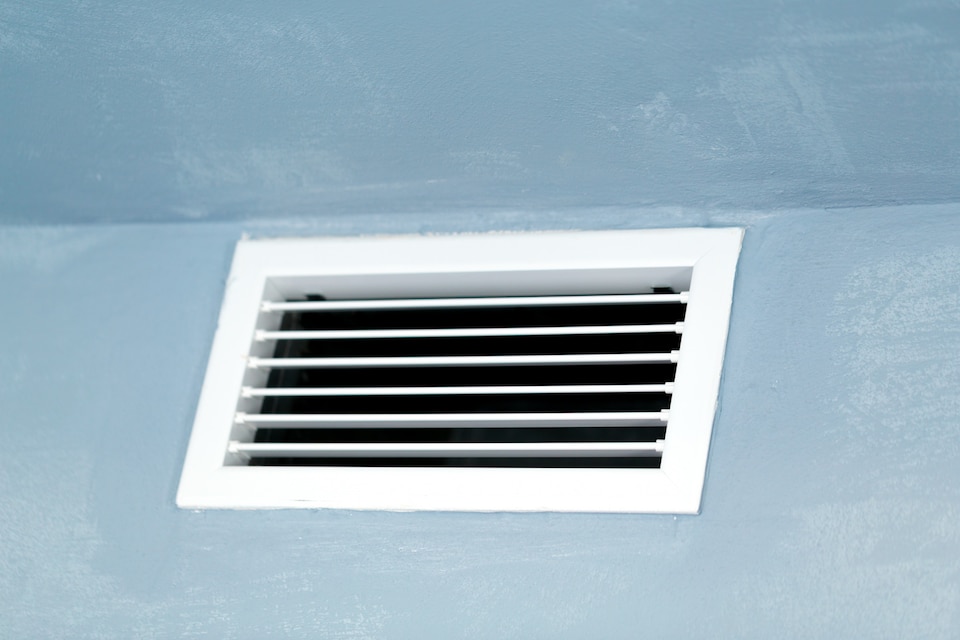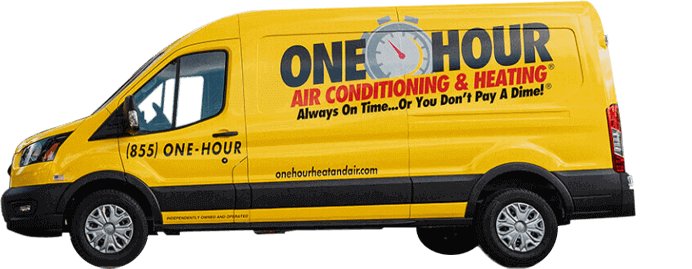Maintaining good indoor air quality is crucial for a comfortable and healthy living environment. One of the simplest and most effective ways to achieve this is by regularly replacing your HVAC air filter. The air filter captures dust, pollen, and other particles, preventing them from circulating through your home. This not only improves air quality but also ensures your HVAC system operates efficiently.
Understanding the Importance of Air Filter Replacement
Air filter replacement is critical to maintaining the efficiency and longevity of your HVAC system. The primary function of an air filter is to capture dust, pollen, pet dander, and other particles from the air before they can circulate through your home. This keeps your indoor air quality high, reducing allergens and creating a healthier living environment.
Signs That Indicate It’s Time to Replace Your Air Filter
Knowing when to replace your air filter is essential. There are several signs to look out for that indicate it’s time for a replacement:
1. Visible Dirt and Debris: Inspect your air filter regularly. If you see a significant buildup of dirt, dust, or debris, it’s time to replace it. A visibly dirty filter cannot trap more particles, reducing air quality and system efficiency.
2. Unpleasant Odors: If you notice musty or stale odors coming from your vents, it could be a sign that your air filter is clogged and not effectively filtering the air. Replacing the filter can help eliminate these odors.
3. Increased Allergy Symptoms: If you or your family experience worsened allergy symptoms, such as sneezing, coughing, or itchy eyes, a dirty air filter could be the culprit. Clean air filters can help reduce allergens in the air, improving indoor air quality.
4. Higher Energy Bills: A sudden increase in your energy bills without a change in your usage habits could be due to a clogged air filter. When the filter is dirty, the HVAC system works harder to maintain desired temperatures, consuming more energy.
5. Reduced Airflow: If you notice weaker airflow from your vents, it may be because the air filter is obstructed. Replacing the filter can restore proper airflow and improve the system’s performance.
Step-by-Step Guide to Replacing Your Air Filter
Replacing your air filter is a simple task that you can do yourself. Follow these steps to ensure you do it correctly and maintain optimal airflow in your home:
1. Turn Off Your HVAC System: Before you start, make sure to turn off your HVAC system. This ensures safety and prevents unfiltered air from circulating while you replace the filter.
2. Locate the Air Filter: The air filter is usually located in the return air duct or blower compartment. Check your HVAC unit’s manual if you’re unsure where it is.
3. Remove the Old Filter: Carefully slide out the old air filter. Take note of the direction of the airflow arrows marked on the filter. This will help you insert the new filter correctly.
4. Check the Filter Size: Look at the dimensions printed on the old filter’s edge. Air filters come in various sizes, so make sure to get the correct size for your HVAC system.
5. Insert the New Filter: Slide the new filter into the slot, ensuring the airflow arrows point in the right direction. Proper placement is crucial for the filter to work effectively.
6. Secure the Access Panel: Once the new filter is in place, securely close the access panel or grille. This prevents any leaks or misalignment that could affect system performance.
7. Turn Your HVAC System Back On: Finally, switch your HVAC system back on and check for normal operation. This simple process will help improve your indoor air quality and keep your system running efficiently.
Choosing the Right Air Filter for Your HVAC System
Selecting the right air filter for your HVAC system is essential for maximizing its efficiency and ensuring good indoor air quality. Here are some factors to consider when choosing an air filter:
1. Filter Material: Air filters are made from different materials, such as fiberglass, pleated paper, or polyester. Pleated filters, though slightly more expensive, capture more particles due to their larger surface area.
2. MERV Rating: The Minimum Efficiency Reporting Value (MERV) rating indicates a filter’s effectiveness. Higher MERV ratings mean better filtration. However, very high MERV ratings can restrict airflow in some HVAC systems. Consult our professionals to determine the best MERV rating for your system.
3. HEPA Filters: High-Efficiency Particulate Air (HEPA) filters remove 99.97% of particles that are 0.3 microns or larger. They’re ideal for people with allergies or respiratory issues. However, not all HVAC systems can accommodate HEPA filters. Check your system’s compatibility.
4. Washable vs. Disposable Filters: Washable filters can be reused, reducing waste and long-term costs. However, disposable filters are more convenient as they don’t require washing. Choose the type that best fits your maintenance preferences.
5. Brand Recommendations: Following brand recommendations can also guide you to the best filter for your system. Manufacturers design filters to work optimally with specific HVAC models.
Conclusion
Air filter replacement is vital for maintaining your HVAC system’s performance and ensuring good indoor air quality. Understanding the importance of replacing your air filter, recognizing the signs that indicate it’s time for a replacement, following a step-by-step guide, and choosing the right air filter are all essential steps to keep your system running smoothly.
For expert advice and professional assistance on air filter replacement in Balch Springs, TX, contact One Hour Heating & Air Conditioning today. Our experienced technicians are here to help you ensure your home stays comfortable and your system operates efficiently. Schedule a service with us now to experience top-tier support and care!











